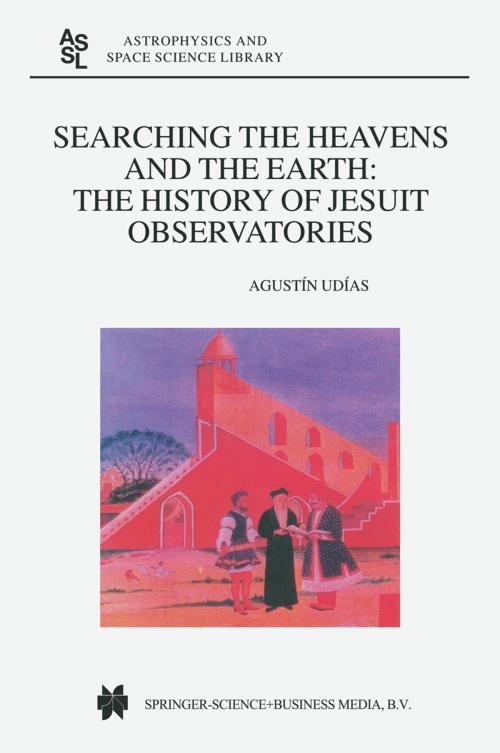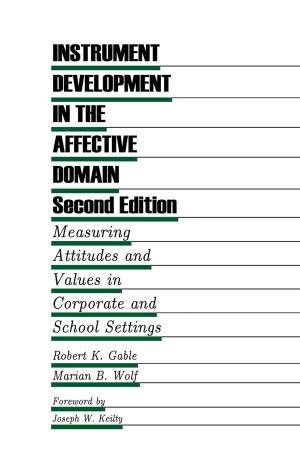Searching the Heavens and the Earth
The History of Jesuit Observatories
Nonfiction, Science & Nature, Science, Physics, Astronomy, History| Author: | Agustin UDIAS | ISBN: | 9789401703499 |
| Publisher: | Springer Netherlands | Publication: | April 17, 2013 |
| Imprint: | Springer | Language: | English |
| Author: | Agustin UDIAS |
| ISBN: | 9789401703499 |
| Publisher: | Springer Netherlands |
| Publication: | April 17, 2013 |
| Imprint: | Springer |
| Language: | English |
Jesuits established a large number of astronomical, geophysical and meteorological observatories during the 17th and 18th centuries and again during the 19th and 20th centuries throughout the world. The history of these observatories has never been published in a complete form. Many early European astronomical observatories were established in Jesuit colleges.
During the 17th and 18th centuries Jesuits were the first western scientists to enter into contact with China and India. It was through them that western astronomy was first introduced in these countries. They made early astronomical observations in India and China and they directed for 150 years the Imperial Observatory of Beijing.
In the 19th and 20th centuries a new set of observatories were established. Besides astronomy these now included meteorology and geophysics. Jesuits established some of the earliest observatories in Africa, South America and the Far East.
Jesuit observatories constitute an often forgotten chapter of the history of these sciences.
Jesuits established a large number of astronomical, geophysical and meteorological observatories during the 17th and 18th centuries and again during the 19th and 20th centuries throughout the world. The history of these observatories has never been published in a complete form. Many early European astronomical observatories were established in Jesuit colleges.
During the 17th and 18th centuries Jesuits were the first western scientists to enter into contact with China and India. It was through them that western astronomy was first introduced in these countries. They made early astronomical observations in India and China and they directed for 150 years the Imperial Observatory of Beijing.
In the 19th and 20th centuries a new set of observatories were established. Besides astronomy these now included meteorology and geophysics. Jesuits established some of the earliest observatories in Africa, South America and the Far East.
Jesuit observatories constitute an often forgotten chapter of the history of these sciences.















